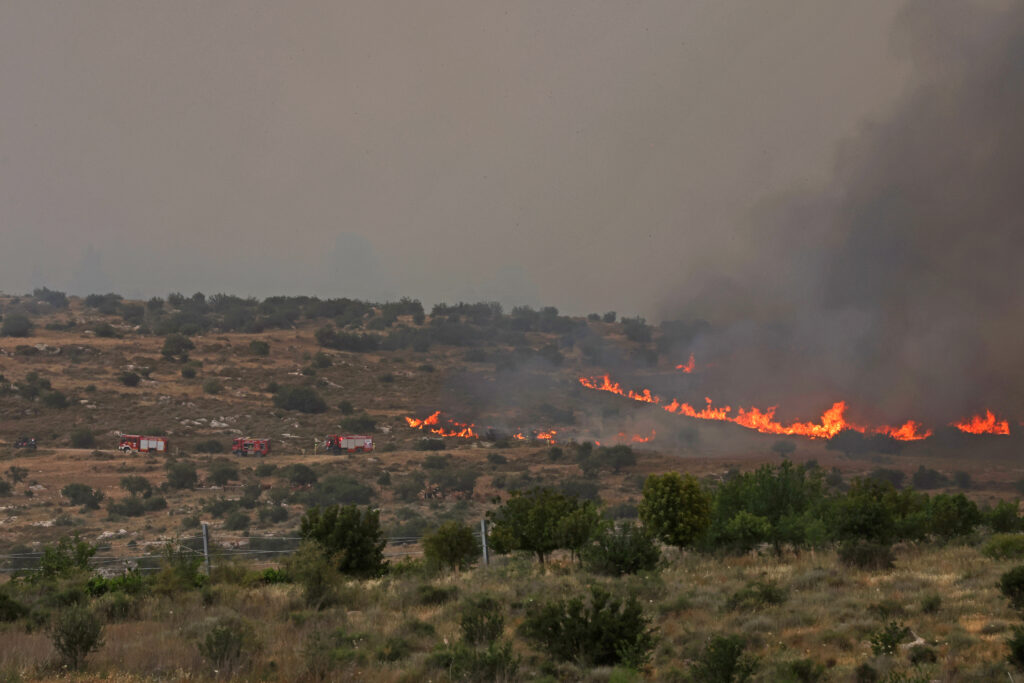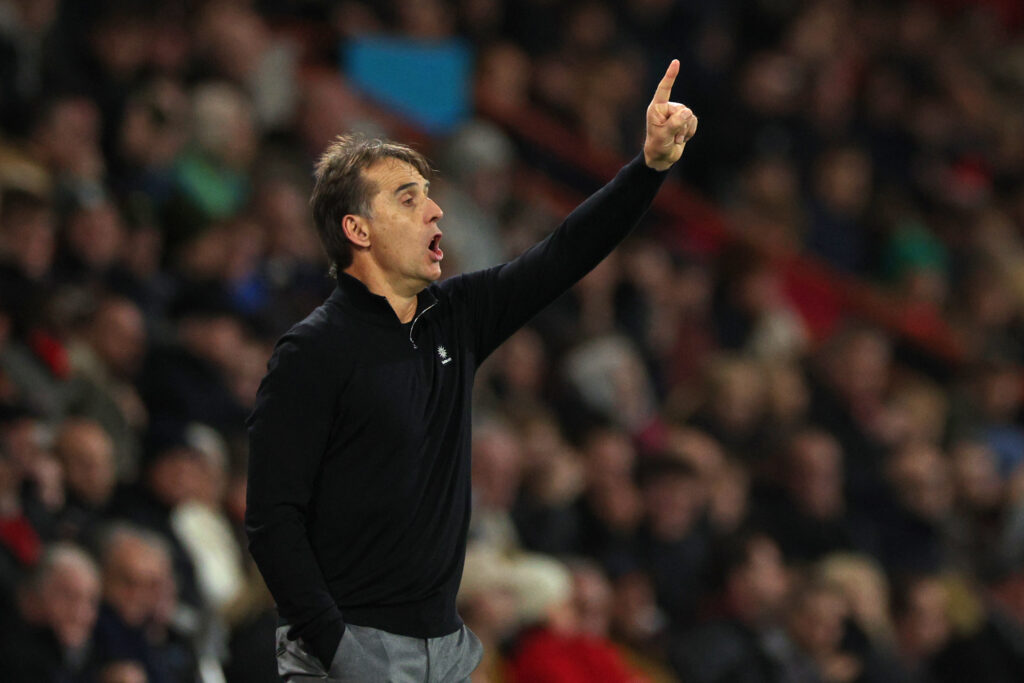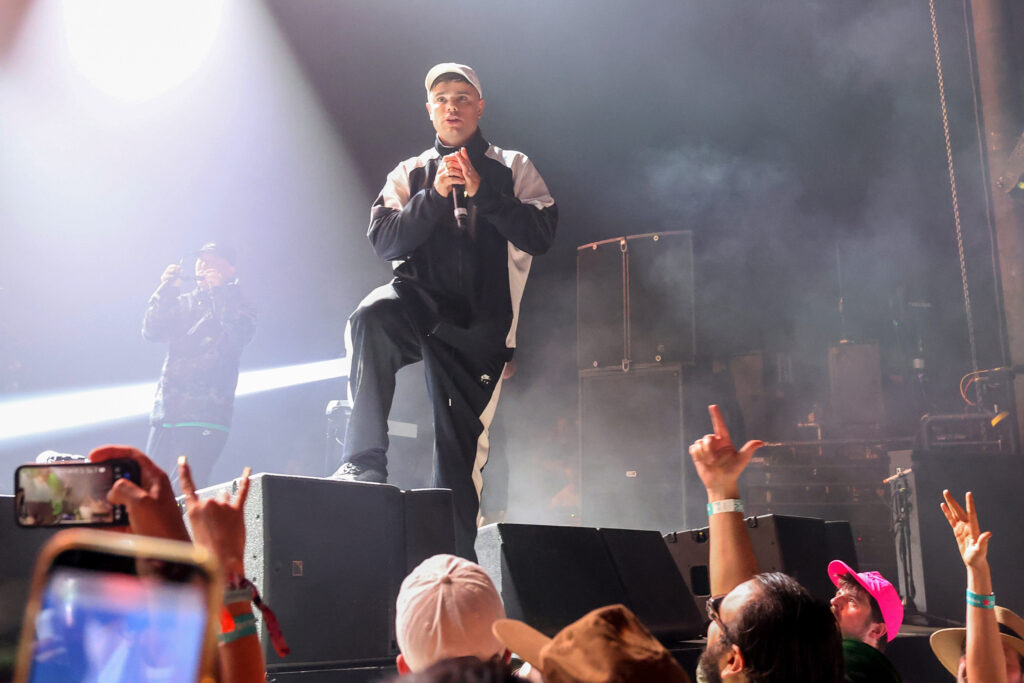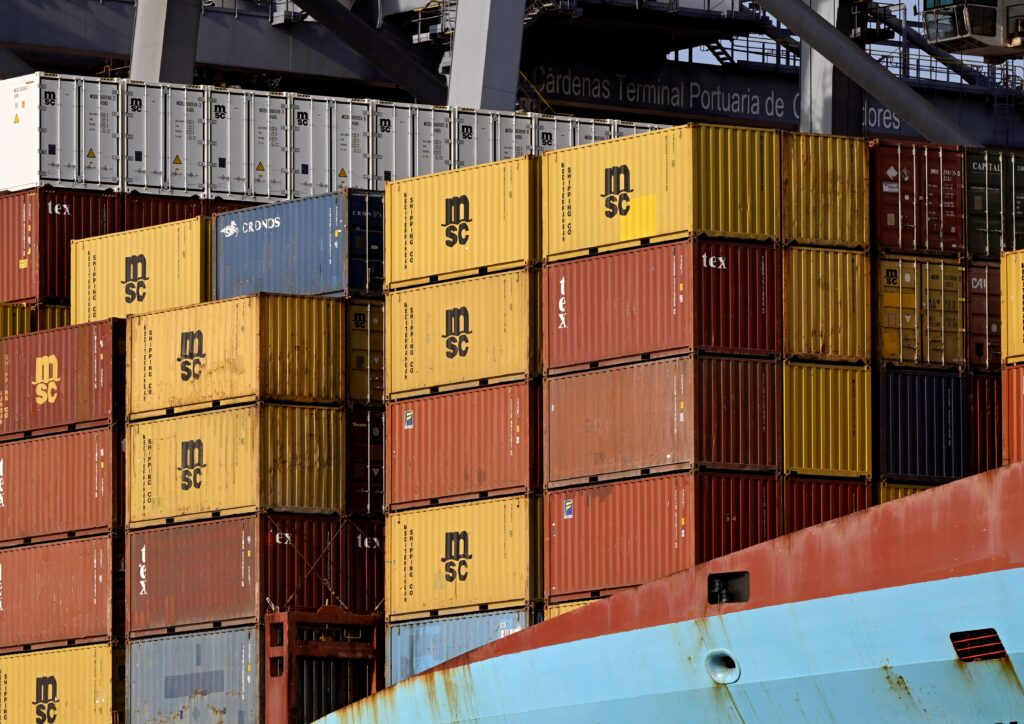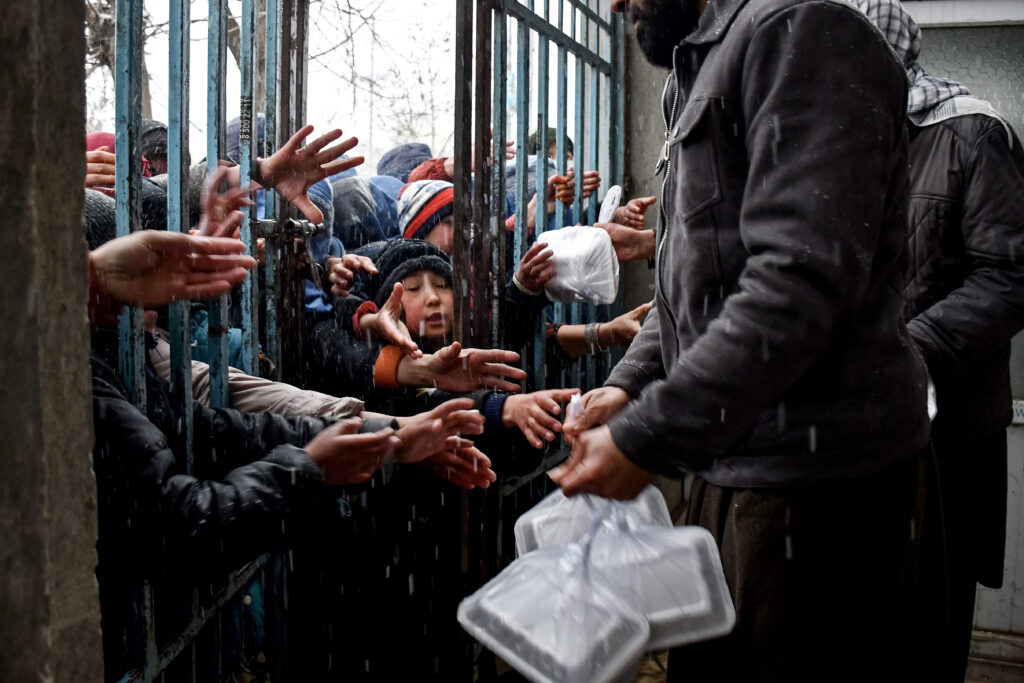Israel brings fire near Jerusalem ‘under control’, reopens roads
Bushfires that erupted near Jerusalem were largely brought under control on Thursday, authorities said, with major roads reopened and firefighting teams still tackling lingering hotspots.The blaze, which ignited along the main Jerusalem–Tel Aviv highway on Wednesday, prompted widespread evacuations and road closures as firefighters battled through the night to contain what officials have called the largest fire in a decade.”The fire is under control,” said Shlomi Harush, a senior official with the firefighting service.”There are only hotspots left… all teams remain deployed across the affected areas,” he told AFP, warning that strong winds could still reignite the flames.In Latrun, approximately 25 kilometres (15.5 miles) from Jerusalem, smoke continued to rise near a monastery as firefighters sprayed water on smouldering embers, according to an AFP journalist on the scene.Civilians also came out to help douse the fire.”We used water hoses connected to homes and municipal taps installed along the streets,” Ahmad Ibrahim, a resident of Abu Ghosh village, told AFP.”We acted out of concern for the community, trying to stop the fire from spreading and endangering residents or their homes.”Earlier, the fire service reported that 163 ground crews and 12 aircraft had been mobilised to fight the blaze, which has scorched an estimated 13,000 hectares of forest, according to police.Prime Minister Benjamin Netanyahu had warned late Wednesday that the flames could reach Jerusalem, declaring the situation a “national emergency”.Police confirmed on Thursday that all major routes, including the Jerusalem-Tel Aviv corridor, had been reopened.”All routes have been reopened to traffic,” they said in a statement, adding that residents of the evacuated Mavo Horon settlement had been allowed to return.Authorities were also instructed to expedite the return of other displaced residents.- Authorities ‘weren’t ready’ -While several Independence Day events scheduled for Wednesday evening were cancelled, celebrations resumed on Thursday despite the ongoing firefighting operations.National Security Minister Itamar Ben Gvir has hinted that arson may be behind the fires.The Times of Israel reported that Netanyahu told a function in Jerusalem on Thursday that authorities were “holding 18 people at the moment who are suspected of arson, one of whom was caught in the act”.While wildfires are not unheard of in Israel this time of year in the past, they are not considered a regular occurrence.Rescue agency Magen David Adom said it treated 23 people on Wednesday, mostly for smoke inhalation and burns.Seventeen firefighters were injured, according to public broadcaster Kan.The Israeli military said its personnel were helping in Jerusalem and other central districts.Engineering vehicles were deployed “to form lines to prevent the fire from spreading”, it said in a statement, with the air force also assisting and around 50 firetrucks dispatched.Fanned by strong winds, the fires spread rapidly through wooded areas on Wednesday, prompting evacuations from at least five communities, police said.”It’s just very sad because we knew the weather, we kind of knew that would happen, and still we feel like they weren’t ready enough with the big planes that can drop large amounts of water,” evacuee Yuval Aharoni, 40, told AFP on Wednesday.”A lot of police arrived, a lot of firefighters, but it didn’t really help. The fire had already completely taken over the whole area here,” student Yosef Aaron said from the side of a highway, flames visible in the distance.Late Wednesday, the foreign ministry said firefighting aircraft were expected to arrive from Croatia, France, Italy, Romania and Spain to join the operation.Cyprus and Serbia also announced they were sending firefighting helicopters to Israel.
